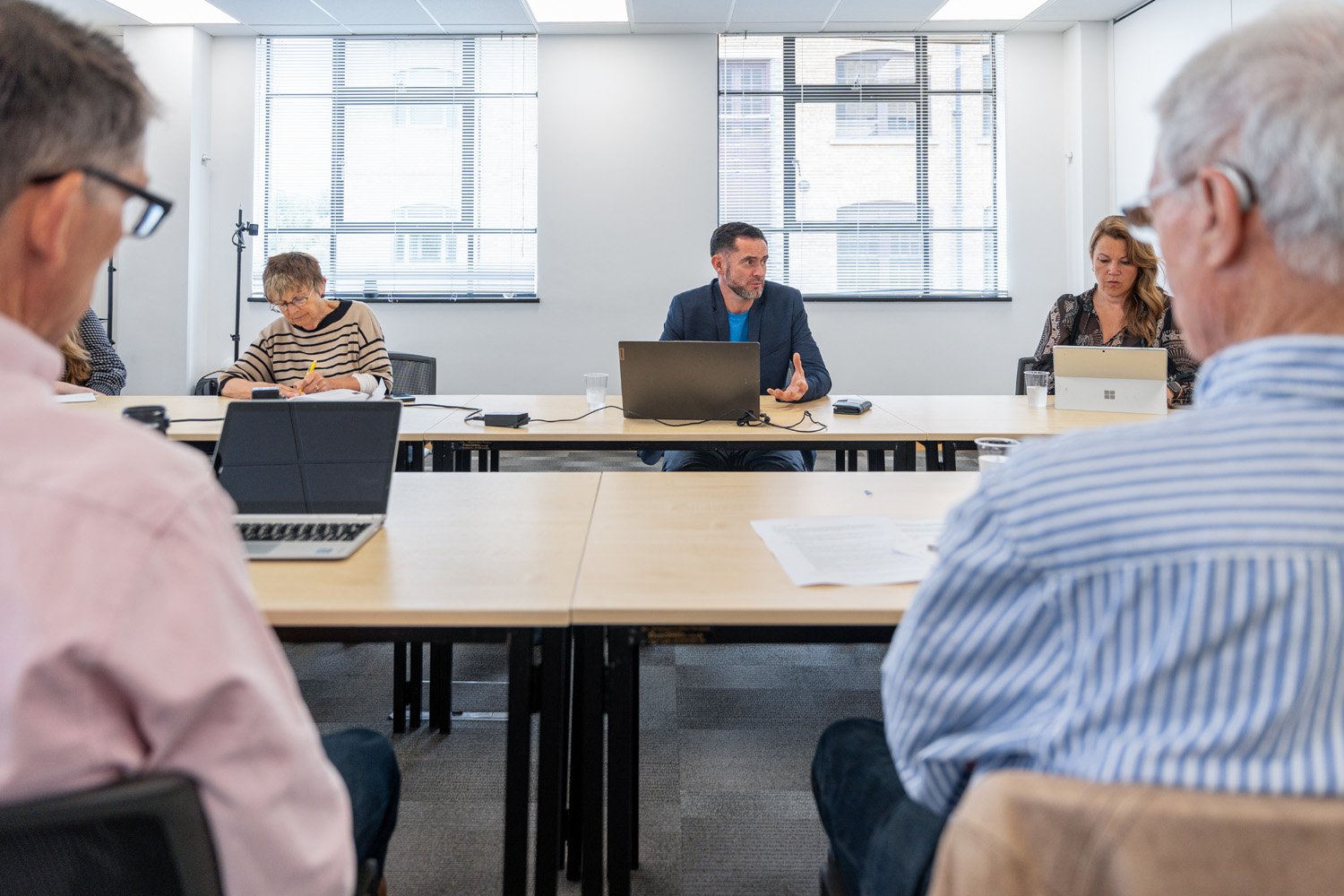
An independent non-party think tank promoting a vision of health and social care based on accountability and the public interest
We seek to advance the public interest in the debate about the future of health and social care in the UK
Our aims
Our aim is to ensure that the public interest and the founding principles of the NHS are at the heart of how health and social care services are delivered in the UK.
This means that we ask whether health and social care services are being provided in the interests of everyone.
We ask whether those take decisions about patient care – such as government ministers, regulators, those who work in the NHS or for private companies - are accountable and transparent and act with probity and integrity.
Our areas of research
Our work focuses on conflicts of interest in healthcare, how public money is spent, the private financing of health and social care, patient safety, regulation, public health, the private healthcare industry and general practice.
We always propose solutions to any problems we find.
How we work
We take great care to ensure our research to ensure is robust and evidence based.
We work with patients, healthcare professionals, members of the public and campaign groups from across all communities in the UK to help inform our research.
We also work with academic specialists in accountancy, finance, law, political science, financial crime and public health.
We communicate our research in ways which are accessible to members of the public, the media and policy makers with the intention of making an impact and bringing about change.
Uncover the profits leaking out of NHS funded eye care in your area
Our recent study into the use of the private sector to deliver NHS funded eye care found that £536 million was paid by the NHS in England to 5 companies in one year.
To find out how much leaked out in the form of profit and interest payments in your local NHS area in England, use our postcode look tool.
Our latest reports
Our latest news

Stopping two-tier healthcare – a healthier future for all
CHPI is asking for your support to help create a healthier future for all by raising awareness on the consequences of a two-tier healthcare system.
The NHS ideal of healthcare for all irrespective of income, is under threat.
A two-tier system is emerging, where access to healthcare is increasingly determined by wealth, not need.
This is a stark departure from the founding principles of the NHS: a universal, free at the point of use healthcare system.






